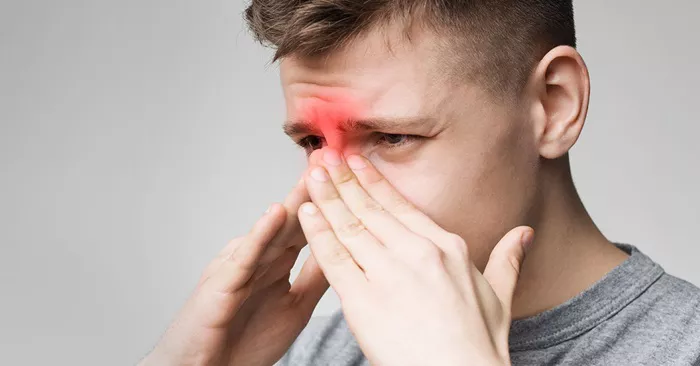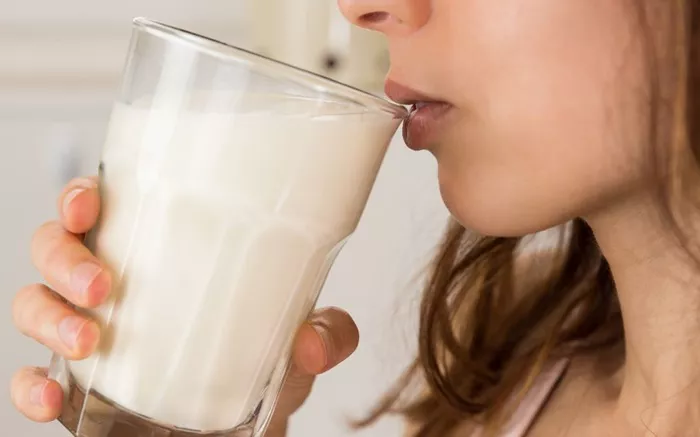Clinical depression, also known as major depressive disorder (MDD), is a complex mental health condition that affects millions of people worldwide. It is characterized by persistent feelings of sadness, loss of interest in activities, and a variety of emotional and physical problems. Understanding the causes of clinical depression is essential for effective prevention and treatment. In this article, we will delve into the most common causes of clinical depression, exploring various contributing factors and how they interact to influence mental health.
The Biological Basis of Depression
1. Genetics and Hereditary Factors
One of the most significant contributors to clinical depression is genetics. Studies have shown that depression can run in families, suggesting a hereditary component. If you have a close relative, such as a parent or sibling, who has experienced depression, your risk of developing the condition is higher. Researchers have identified specific genes that may be linked to depression, although the exact mechanisms are still being studied.
2. Neurochemical Imbalances
Another biological factor contributing to clinical depression is an imbalance of neurotransmitters in the brain. Neurotransmitters are chemicals that help transmit signals between nerve cells. Serotonin, norepinephrine, and dopamine are three key neurotransmitters involved in mood regulation. An imbalance in these chemicals can lead to symptoms of depression. For instance, low levels of serotonin are often associated with feelings of sadness and hopelessness.
3. Brain Structure and Function
Imaging studies have revealed that people with depression often have structural and functional differences in their brains. Areas of the brain such as the hippocampus, amygdala, and prefrontal cortex can be smaller or function differently in those with depression. These brain regions are involved in mood regulation, decision-making, and response to stress, indicating that abnormalities in these areas may contribute to the development of depression.
Psychological Factors
1. Early Childhood Trauma
Early life experiences play a crucial role in shaping an individual’s mental health. Traumatic events during childhood, such as physical, emotional, or sexual abuse, neglect, or the loss of a parent, can increase the risk of developing depression later in life. These adverse experiences can lead to long-term changes in the brain and body, affecting how an individual responds to stress and regulates emotions.
2. Personality Traits
Certain personality traits may predispose individuals to depression. Traits such as low self-esteem, excessive self-criticism, and a tendency to worry excessively can increase the risk of developing depression. People with these traits may struggle to cope with stress and negative life events, making them more vulnerable to depressive episodes.
3. Cognitive Patterns
Negative thinking patterns and cognitive distortions can also contribute to the onset of depression. Individuals who consistently interpret situations in a pessimistic manner, believe they are helpless, or have a pervasive sense of worthlessness are more likely to experience depression. Cognitive-behavioral therapy (CBT) aims to address these negative thought patterns to alleviate symptoms of depression.
See Also: How Does Chlamydia Affect You Mentally?
Environmental and Social Factors
1. Stressful Life Events
Significant life changes and stressful events are common triggers for clinical depression. Events such as the loss of a loved one, divorce, financial difficulties, or chronic illness can be overwhelming and lead to feelings of hopelessness and despair. While everyone experiences stress differently, individuals with a predisposition to depression may be more likely to develop the condition in response to these events.
2. Social Isolation
Social support is a crucial factor in mental health. Lack of a supportive social network can increase the risk of depression. People who are socially isolated or feel disconnected from others are more likely to experience feelings of loneliness and sadness. Conversely, having strong relationships and a sense of community can act as a protective factor against depression.
3. Cultural and Societal Influences
Cultural and societal factors can also impact the prevalence of depression. Stigma surrounding mental health issues can prevent individuals from seeking help, exacerbating symptoms. Additionally, societal pressures, such as unrealistic expectations regarding success, body image, and social status, can contribute to feelings of inadequacy and depression.
The Interplay of Multiple Factors
1. The Biopsychosocial Model
Clinical depression is best understood through a biopsychosocial model, which considers the interplay between biological, psychological, and social factors. No single factor alone is typically responsible for the development of depression. Instead, it is the complex interaction of these factors that contributes to the onset and progression of the condition.
2. Stress-Vulnerability Model
The stress-vulnerability model provides a framework for understanding how different factors interact to cause depression. According to this model, individuals have varying levels of vulnerability to depression based on their genetic makeup, personality traits, and early life experiences. When exposed to significant stressors, individuals with higher vulnerability are more likely to develop depression. This model highlights the importance of both inherent vulnerabilities and external stressors in the development of depression.
Treatment and Management
1. Medication
Pharmacotherapy is a common treatment for clinical depression, particularly for those with moderate to severe symptoms. Antidepressant medications, such as selective serotonin reuptake inhibitors (SSRIs), serotonin-norepinephrine reuptake inhibitors (SNRIs), and tricyclic antidepressants, work by altering the levels of neurotransmitters in the brain. These medications can help alleviate symptoms and improve mood, although they may take several weeks to become effective.
2. Psychotherapy
Psychotherapy, or talk therapy, is another essential component of depression treatment. Cognitive-behavioral therapy (CBT) is particularly effective for depression, as it helps individuals identify and change negative thought patterns and behaviors. Other forms of therapy, such as interpersonal therapy (IPT) and psychodynamic therapy, can also be beneficial in addressing the underlying causes of depression and improving coping skills.
3. Lifestyle Changes
Lifestyle modifications can play a significant role in managing depression. Regular physical activity, a healthy diet, adequate sleep, and stress reduction techniques such as mindfulness and meditation can all contribute to improved mental health. Social engagement and maintaining strong relationships are also important for emotional well-being.
4. Integrated Treatment Approaches
An integrated approach to treating depression, which combines medication, psychotherapy, and lifestyle changes, is often the most effective. This comprehensive approach addresses the multifaceted nature of depression and provides individuals with a range of tools and strategies to manage their symptoms.
Conclusion
Clinical depression is a complex and multifactorial condition, with the most common cause being an interplay of genetic, biological, psychological, and environmental factors. Understanding the diverse contributors to depression is essential for developing effective prevention and treatment strategies. By addressing the underlying causes and implementing a combination of therapeutic approaches, individuals can achieve better outcomes and improve their overall quality of life. As research continues to uncover more about the causes and mechanisms of depression, it is hoped that new treatments and interventions will emerge, offering hope and relief to those affected by this debilitating condition.
[inline_related_posts title=”You Might Be Interested In” title_align=”left” style=”list” number=”6″ align=”none” ids=”10621,10597,10479″ by=”categories” orderby=”rand” order=”DESC” hide_thumb=”no” thumb_right=”no” views=”no” date=”yes” grid_columns=”2″ post_type=”” tax=””]































